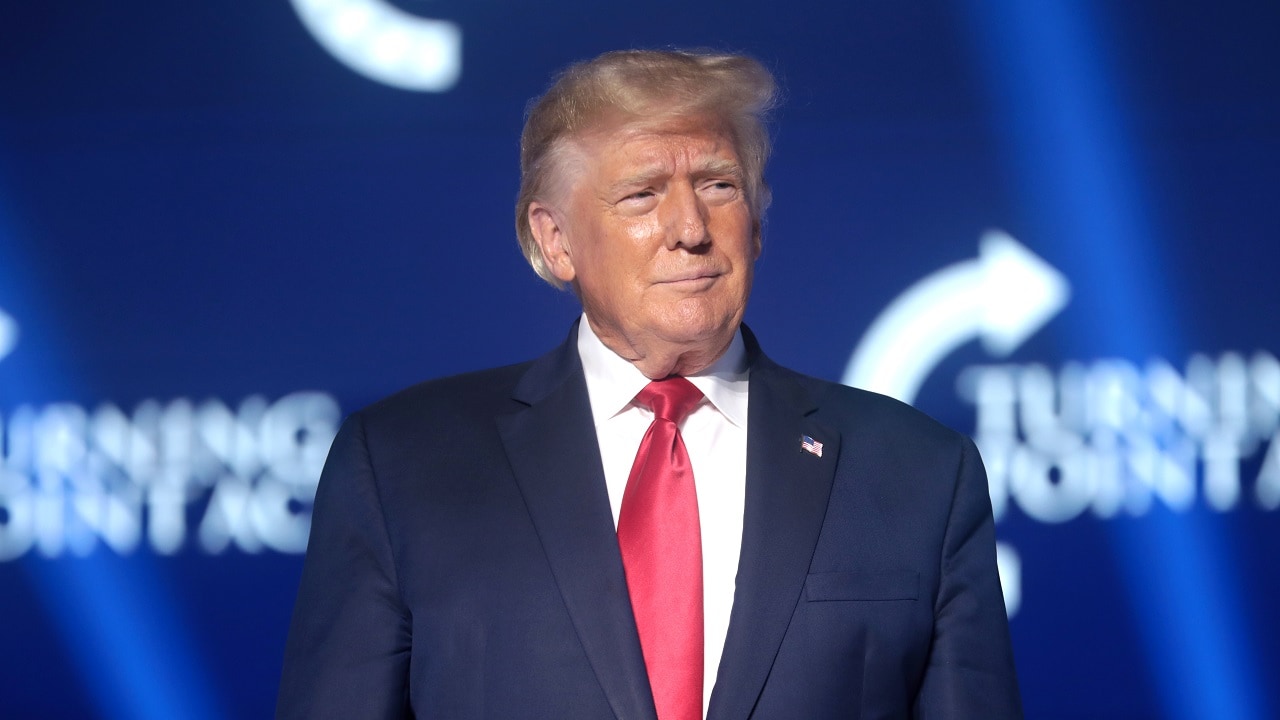Sept. 17 was a good day to view the ignorance and arrogance of irrepressibly opinionated American multimillionaires and billionaires.
Start with Elon Musk, who made the following comment on the Ukrainian counteroffensive in an X post: “So much death for so little [territory].” That’s deep, especially considering the huge numbers of Soviet soldiers who died defending the city of Stalingrad in 1942-1943, or of Allied soldiers seizing a narrow beachhead in Normandy in 1944.
Musk was commenting on a snarky remark made by venture capitalist David Sacks: “Ukrainian territorial gains from their much-vaunted counteroffensive are so miniscule they can barely be seen on a map.”
That is downright dumb. Sacks should know that what you see on a map depends on its scale. Silicon Valley isn’t visible on a map of the world, and yet it’s there. By the same token, the United States disappears from a map of Silicon Valley.
Then there is Donald Trump in his painfully long interview with Meet the Press moderator Kristen Welker. When Welker says that “Some people hear you say you’re going to end the war in 24 hours, and they worry that means President Putin is going to get to keep the territory he’s unlawfully claimed,” Trump responds with the following soliloquy:
“No, no, no, no. I’d make a fair deal for everybody. Nope, I’d make it fair…. You know, that’s something that could have been negotiated. Because there were certain parts, Crimea and other parts of the country, that a lot of people expected could happen. You could have made a deal. So they could have made a deal where there’s lesser territory right now than Russia’s already taken, to be honest. And you could have made a deal where nobody was killed. They had a deal. They would have had a Ukraine country. Now nobody even knows if Ukraine is going to be totally taken over. I will say this: something’s going on, and it’s not good for Ukraine. Because the news is no longer reporting about the war. The fake news. They don’t report about the war anymore. You don’t find much reporting. That means that Ukraine’s losing. Okay? I see very little reporting from NBC, your network. I see very little reporting from NBC, ABC, from CBS, from anyone about the war. It used to be you’d go and you’d watch, even a couple of months ago, you’d watch all of this great strategy. The spring offensive never happened. Ukraine’s spring offensive never happened, because they were met with a wall of armaments and bombs.”
Just what it means that people expected Crimea to “happen” is beyond me, though the overall context suggests that Trump would let Putin keep it as part of his deal. Fair enough, Musk and Sacks might say, but Ukrainian President Volodymyr Zelensky would disagree, and his voice surely matters a bit.
Zelensky might also inform Trump that Ukrainians already have a “Ukraine country.” He would add that, although it’s quite true that “something’s going on,” the war is being decided on the battlefield and not by the amount of news reporting in the United States. The “Spring Offensive” is “happening” and actually proceeding apace.
These three comments wouldn’t be worth reacting to if the individuals concerned were not men of influence. But they are, and their words can affect the fates of millions — in this case, millions of Ukrainians who believe that despite their relative poverty, they would prefer to fight rather than succumb to Putin’s genocidal plans.
Money, clearly, is no guarantee of smarts, and it’s definitely no substitute for a little knowledge. The ignorance of Musk, Sacks, and Trump is less alarming than their evident belief that their wealth entitles them to mouth off about things they do not understand. Stick to rockets, investments, and real estate, gentlemen.
About the Author
Dr. Alexander Motyl is a professor of political science at Rutgers-Newark. A specialist on Ukraine, Russia, and the USSR, and on nationalism, revolutions, empires, and theory, he is the author of 10 books of nonfiction, including Pidsumky imperii (2009); Puti imperii (2004); Imperial Ends: The Decay, Collapse, and Revival of Empires (2001); Revolutions, Nations, Empires: Conceptual Limits and Theoretical Possibilities (1999); Dilemmas of Independence: Ukraine after Totalitarianism (1993); and The Turn to the Right: The Ideological Origins and Development of Ukrainian Nationalism, 1919–1929 (1980); the editor of 15 volumes, including The Encyclopedia of Nationalism (2000) and The Holodomor Reader (2012); and a contributor of dozens of articles to academic and policy journals, newspaper op-ed pages, and magazines. He also has a weekly blog, “Ukraine’s Orange Blues.”

